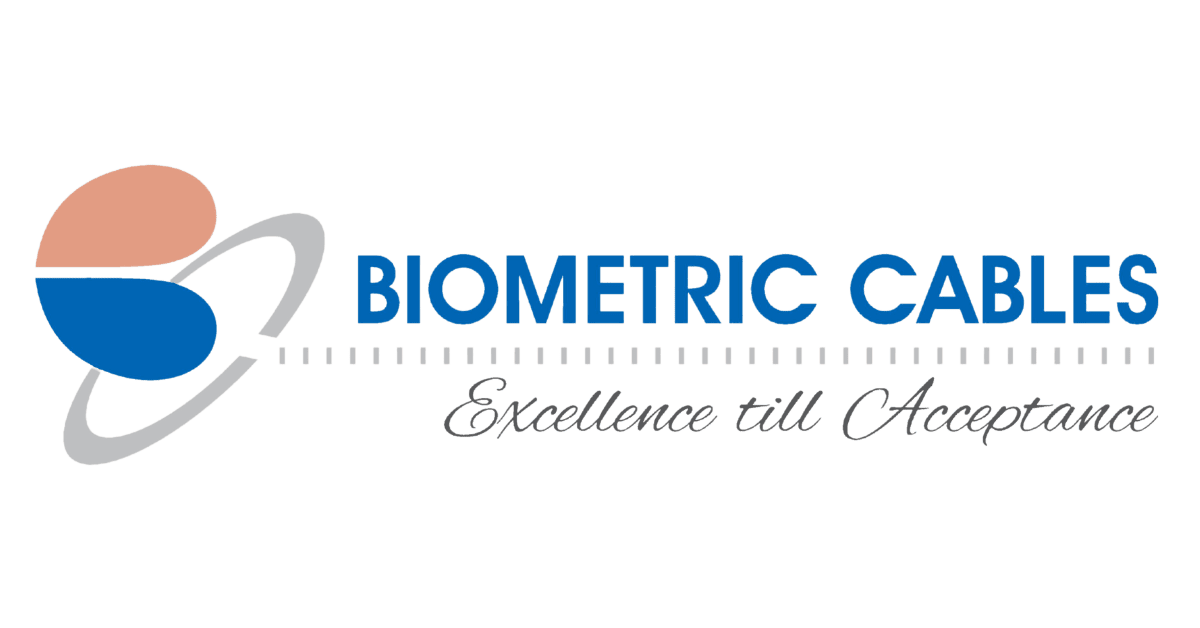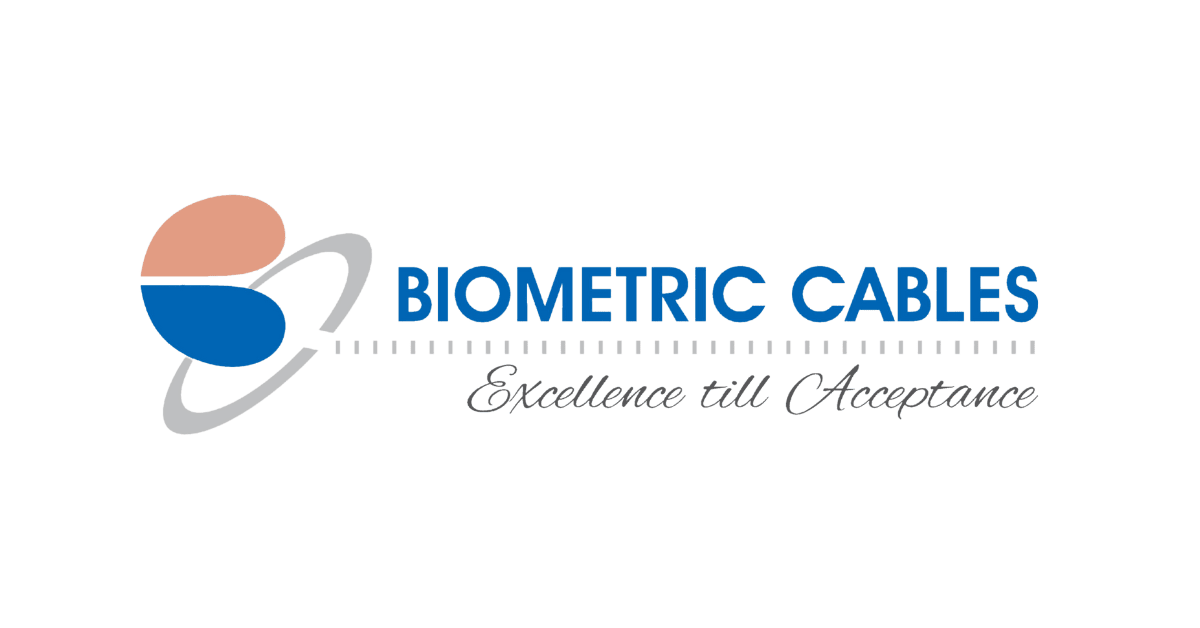ISO 13845 Certification For Medical Devices
In the world of highly regulated medical device manufacturing, maintaining compliance and quality is just not a preference but it is an absolute necessity. ISO 13845 is an international standard which establishes foundation for an effective quality management system of the medical devices.This blog delves into the ISO 13845 Certification.
Understanding the Principles of ISO 13845
ISO 13845 is a globally recognised standard which outlines the quality management system’s requirements that are specific to the medical device industry. The core of ISO 13845 is its focus on ensuring the consistent product quality , regulatory compliance and safety.
One of the primary principles of ISO 13845 is centered around product quality and patient safety. Henceforth , it is essential and crucial for the medical device manufacturers to adhere to stringent quality controls for the prevention of adverse event effects. Compliance with such ISO standards requires a comprehensive understanding of the risk management , robust documentation process and adherence to regulatory requirements.
Another important principle of ISO 13845 is Continual improvement.This standard emphasizes on the organisations not only to maintain quality management systems but also to continually improve it. This process comprises regular reviewing , processes updation, incorporation of feedback from audits, staying abreast of regulatory changes and performance evaluations. By medical device manufacturers fostering a culture of continuous improvement, they can decrease the risk of non-compliance, improve their operational efficiency and ultimately deliver high quality products.
Benefits of ISO 13845 to Medical Device Manufacturers
Implementing an ISO 13485 QMS can significantly streamline the process of obtaining CE marking, as the standard's requirements often overlap with those of the CE marking process and Also Achieving ISO 13845 certification offers various benefits to the medical device manufacturers by enhancing market competitiveness and their operations.One of the significant advantages of this certificate is improved product quality. Manufacturers can ensure consistent design , development , production and delivery of high quality medical devices.This inturn leads to reduction in defects, recalls and errors.
On the other side , the certification demonstrates a strong commitment to quality and safety and in turn builds the confidence among healthcare professionals. Another essential feature of gaining ISO 13845 certification is enhanced regulatory compliance. Compliance with such standards facilitates ease of market access and approval process as regulatory bodies requires strong evidence of robust quality management system.In few regions, ISO 13845 certification is quite often a mandatory, prerequisite requirement for market entry.It also provides access to the global market by facilitating partnerships and distribution in regulated markets.
The proactive standard of enhanced risk management aids the organisations in identification and mitigation of risks throughout the product lifecycle. The likelihood of costly non -conformities, product recalls and reworks are drastically reduced. Another benefit of this certification is promotion of operational efficiency and cost savings.In addition, the focal point on the resource management ensures that the organisations makes the optimum utilisation of their resources which paves the way for increased productivity and reduced waste.
Moreover, these ISO Certifications enhances the reputation and credibility of the manufacturer. It serves as the mark of quality and reliability , thereby leading to increased business opportunities where the customers are more likely to choose the manufacturer / supplier with proven commitment to regulatory compliance and quality.
One of the most essential advantages of these certifications is Continuous improvement. It encourages the culture of ongoing quality enhancement and innovation.It aids in maintaining competitiveness in the rapidly evolving industry.
Challenges in ISO 13845 implementation
Understanding and interpreting the requirements of the standard could be challenging at the initial stages since ISO 13845 is a detailed and technical document. However, medical device manufacturers must tailor their QMS to meet both ISO and regional regulatory requirements, thereby increasing complexity. Implementing a QMS requires significant time, dedicated personnel and financial investment.Organisations tend to face the struggle of necessary resource allocation , especially if they are operating within limited budgets or staff. Utmost priority ought to be given to the implementation process and as well as in securing the top management’s support to ensure the availability of the resources.Similarly, all the staff must be trained and competent in their role. All the training records must be auditable.Conducting training up to date and auditable adds to administration load, particularly with frequent employee turnover.
Documents and Record maintenance can be quite challenging as ISO 13485 requires comprehensive documentation of QMS such as records , procedure and evidence of compliance ( medical device files, QMS system procedures and work instructions related to QMS). Thorough documentation processes such as ensuring accurate , updated and readily accessible records can be resource intensive and time consuming especially with smaller companies.
Certain processes such as sterilisation, packaging, molding must be validated rather than only testing alone. Validation is time consuming , costly and needs to be documented thoroughly. On the other hand, effective Corrective and Preventive action management aids in identifying the root causes and implementing measurable improvements.CAPA Execution on the non conformance product or process is crucial in the effective QMS System especially ISO 13485.
Maintaining the ongoing compliance is another major challenge in ISO 13845. Though unlike a one time certification process, continuous maintenance and constant improvement of the Quality Management System is required in such ISO standards. Manufacturing organisations should regularly inspect , review and update their processes and conduct their internal audits. This ongoing commitment to compliance requires a proactive approach and culture of continuous improvement.
ISO 13485 requires rigorous supplier qualification and ongoing monitoring that can be challenging to implement consistently , especially dealing with international suppliers. Demonstrating risk management throughout the product lifecycle is quite a challenging task. The integration of risk management in various stages from design to post market surveillance is highly paramount. Several Risks ( Product related Risks, Process related risks,and Business process risks) must be regularly assessed and updated. On the contrary , the standard demands full traceability throughout the medical device lifecycle journey from raw materials till delivery. Complex supply chains and volumes make it harder for seamless tracking.
Monitoring the medical device’s performance after release such as complaints , adverse events is mandatory.Data collection and analysis must be systematic and timely , requiring efforts.

